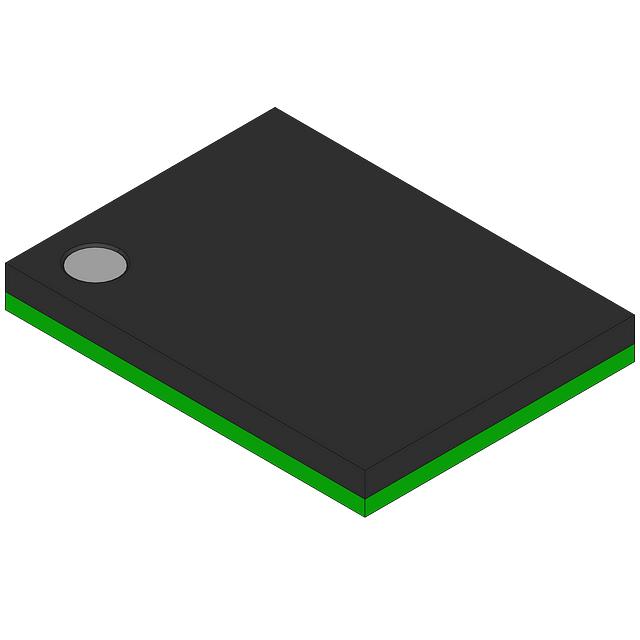
S25FL128SAGBHIA00
ActiveFLASH MEMORY, SERIAL NOR, 128 MBIT, 16M X 8BIT, SPI, BGA, 24 PINS
Deep-Dive with AI
Search across all available documentation for this part.

S25FL128SAGBHIA00
ActiveFLASH MEMORY, SERIAL NOR, 128 MBIT, 16M X 8BIT, SPI, BGA, 24 PINS
Deep-Dive with AI
Technical Specifications
Parameters and characteristics for this part
| Specification | S25FL128SAGBHIA00 |
|---|---|
| Clock Frequency | 133 MHz |
| Memory Format | FLASH |
| Memory Interface | SPI - Quad I/O |
| Memory Organization | 16M x 8 |
| Memory Size | 128 Mb |
| Memory Type | Non-Volatile |
| Mounting Type | Surface Mount |
| Operating Temperature [Max] | 85 °C |
| Operating Temperature [Min] | -40 °C |
| Package / Case | 24-TBGA |
| Supplier Device Package | 24-BGA |
| Technology | FLASH - NOR |
| Voltage - Supply [Max] | 3.6 V |
| Voltage - Supply [Min] | 2.7 V |
Pricing
Prices provided here are for design reference only. For realtime values and availability, please visit the distributors directly
Description
General part information
S25FL128 Series
S25FL128SAGBHIA00 is a 3.0V SPI flash memory. This device connects to a host system via a serial peripheral interface (SPI). Traditional SPI singlebit serial input and output (single I/O or SIO) is supported as well as optional twobit (Dual I/O or DIO) and fourbit (quad I/O or QIO) serial commands. This multiple-width interface is called SPI Multi-I/O or MIO. In addition, the FL-S family adds support for double data rate (DDR) read commands for SIO, DIO, and QIO that transfer address and read data on both edges of the clock. The Eclipse architecture features a Page Programming Buffer that allows up to 128 words (256 bytes) or 256 words (512 bytes) to be programmed in one operation, resulting in faster effective programming and erase than prior generation SPI program or erase algorithms. It offers high densities coupled with the flexibility and fast performance required by a variety of embedded applications. They are ideal for code shadowing, XIP, and data storage.
Documents
Technical documentation and resources


